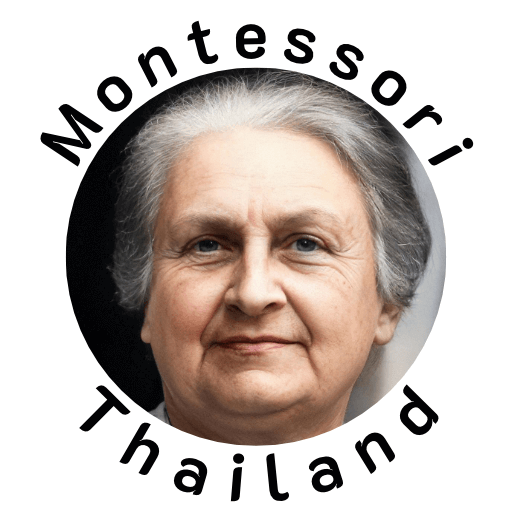
by MontessoriX | 1 Aug 2023 | Glossary
Self-regulation is a core principle within the Montessori educational philosophy. It refers to the ability of an individual to control their impulses, behaviours and emotions, which includes aspects such as self-discipline, the ability to delay gratification,...

by MontessoriX | 1 Aug 2023 | Glossary
Self-discipline is a key concept within the Montessori method and is closely linked to the principles of independence, self-regulation, and normalization. Maria Montessori believed that self-discipline emerges naturally in children over time when they are given...

by MontessoriX | 1 Aug 2023 | Glossary
Respect is a fundamental value within the Montessori educational philosophy. Maria Montessori emphasized the importance of respect for self, others, the environment, and the learning materials[1]. This principle manifests in the Montessori classroom through the...

by MontessoriX | 1 Aug 2023 | Glossary
In Montessori education, Repetition refers to the repeated engagement of a child with a particular activity. Unlike adults who typically work towards an external objective, young children work towards internal goals. Thus, they often repeat an activity until...

by MontessoriX | 1 Aug 2023 | Glossary
Reading comprehension, or the ability to understand and interpret written language, is a critical skill that enables children to process information, make sense of complex ideas, and participate fully in academic environments. Montessori education approaches reading...






